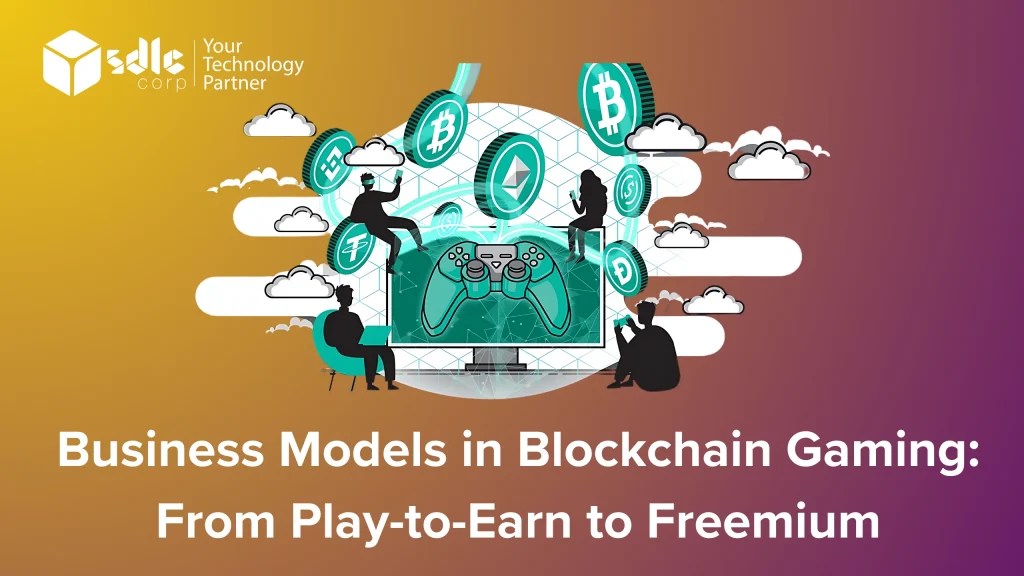
Rummy’s been around for centuries—a game of skill, strategy, and a little luck. But toss blockchain into the mix, and suddenly, things get… interesting. Imagine shuffling digital cards on an immutable ledger where every move is transparent, and payouts are instant. That’s not the future—it’s happening now.
Why Blockchain and Rummy? A Match Made in Digital Heaven
Blockchain isn’t just for crypto traders. Its core features—decentralization, transparency, and security—solve real pain points in online rummy. Here’s how:
- No more trust issues: Every card dealt, every bet placed, is recorded on-chain. No shady algorithms or rigged decks.
- Provably fair gameplay: Players can verify the randomness of card distribution. No whispers of “the house always wins.”
- Instant payouts: Smart contracts automate winnings. No waiting for manual approvals or worrying about withheld funds.
The Nuts and Bolts: How Blockchain Rummy Works
Let’s break it down. Traditional rummy platforms rely on centralized servers. Blockchain flips that model:
- Decentralized hosting: Games run on peer-to-peer networks. No single point of failure—or control.
- Tokenized rewards: Win crypto or NFTs instead of cash. Some platforms even let you trade rare card skins.
- Player-owned economies: Earn, lend, or sell in-game assets. Your digital cards? Actually yours.
The Token Twist: Play-to-Earn Rummy
Play-to-earn (P2E) isn’t just for Axie Infinity clones. Blockchain rummy platforms reward players with tokens for wins, participation, or even staking. Imagine:
- Earning governance tokens to vote on platform rules.
- Converting rummy winnings into Ethereum or Solana.
- Holding rare NFT cards that appreciate in value. (Think Pokémon cards, but digital and verifiable.)
Challenges? Oh, They Exist
Sure, blockchain rummy sounds slick—but it’s not all smooth shuffling. A few hiccups:
- Gas fees: Ethereum transactions aren’t free. Micro-bets might get eaten by network costs.
- Regulatory gray areas: Is tokenized rummy gambling? Depends who you ask—and where you live.
- Adoption curve: Casual players might balk at setting up MetaMask just to play a hand.
Real-World Examples: Who’s Doing It Right?
A handful of platforms are bridging rummy and blockchain. Some standouts:
| Platform | Blockchain | Unique Angle |
| RummyVerse | Polygon | NFT card collections, low fees |
| BlockRummy | Binance Smart Chain | P2E tournaments, BNB rewards |
| ChainShuffle | Solana | Fast gameplay, token staking |
The Big Picture: Where This Could Go
Blockchain rummy isn’t just a novelty—it’s a testing ground for broader gaming trends. Think:
- Cross-platform assets: Use your NFT cards in other games or metaverses.
- DAO-owned platforms: Players govern the rules via decentralized voting.
- Hybrid models: Free-to-play for casuals, crypto rewards for pros.
Honestly, we’re scratching the surface. As layer-2 solutions cut fees and wallets simplify, blockchain rummy could go mainstream. Or it might stay a niche for crypto-savvy card sharks. Either way—it’s a fascinating experiment at the crossroads of tradition and tech.








